
TO FUGGEDABOUTIT OR NOT TO FUGGEDABOUTIT
Words By Karen Brissette, Art By KELLEPICS
In celebration of the recent release of F(r)iction #17: Memory, we bring you this read-along…
This year has been a real dumpster fire, and if the technology existed, I’m sure there would be plenty of folks lined up (six socially distant feet apart) to eternal sunshine the whole sordid mess of it down the drain. Opting in to selectively edit unpleasant memories from one’s mind is an appealing prospect for anyone who’s ever experienced a loss, a breakup, or an internet comment-thread, but is ignorance really bliss? Is forgetting the best medicine? Think about how frustrating it is when we can’t remember that actor’s name or who sang the song that’s earwormed its way into our brains—would forgetting an entire YEAR bring us welcome relief or would we find ourselves in a “no memories, ‘mo problems” situation?
Since science hasn’t yet given us the option to permanently erase what ails us, there’s no empirical data about whether or not the benefits of memory-scrubbing outweigh its possible downsides. So, to help you draw your own conclusions on the matter, here are ten unforgettable (groan) books about forgetting—a diverse sampling of fiction and memoir, adult and YA, prose, and graphic storytelling containing accounts of both voluntary and involuntary memory loss. Did I forget anything?
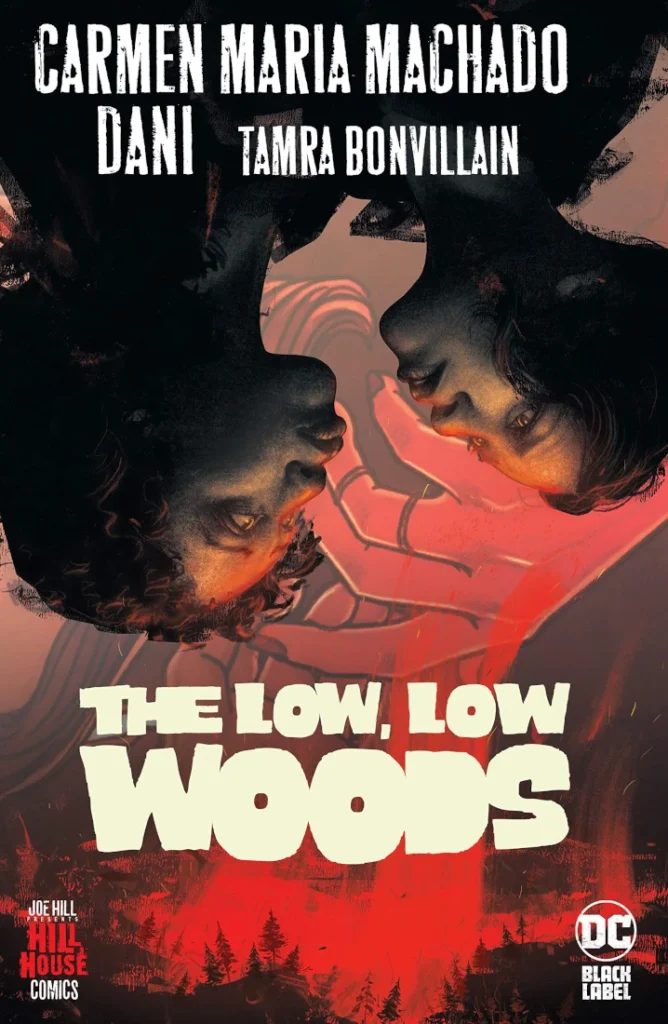
The Low, Low Woods
by Carmen Maria Machado, DaNi (DC Comics, 2020)
In the dying coal-town of Shudder-To-Think, Pennsylvania, two teengirl BFFs, El and Vee, wake up in a deserted movie theater with their underpants on inside-out and no memories beyond the film’s opening credits. What begins like an SVU episode pivots sharply into Buffy’s feminist-supernatural territory as we discover that the pervasive memory loss affecting the town’s female population is far from its only concern: sinkholes swallow people whole, the woods teem with malformed creatures and magic mushrooms, and the local witch can only do so much. So the pals unite to battle the patriarchy and the packs of skinless men, seeking justice for the town’s women in-between college application essays and smooching other girls.
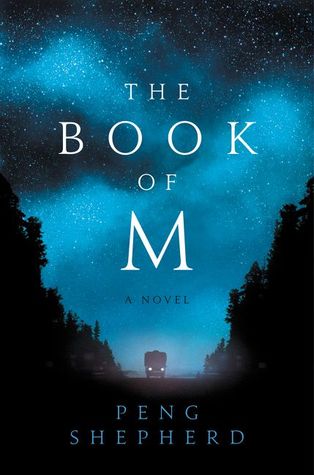
The Book of M
by Peng Sheperd (William Morrow, 2018)
What happens to humanity when a mysterious phenomenon begins affecting a percentage of the world’s population, causing first their shadows, and then their memories, to disappear? Even more worrisome here is the object impermanence—whatever the shadowless forget vanishes from the world, and what they misremember manifests, so now guns fire rounds of thunderstorms and deer have wings on their heads. The world becomes increasingly unstable and unpredictable, as the epidemic threatens to erase thousands of years of human progress: transportation, cities, literature. It’s also hell on relationships. If you think it’s bad when your spouse forgets your anniversary, think about what could happen if they forgot…you.
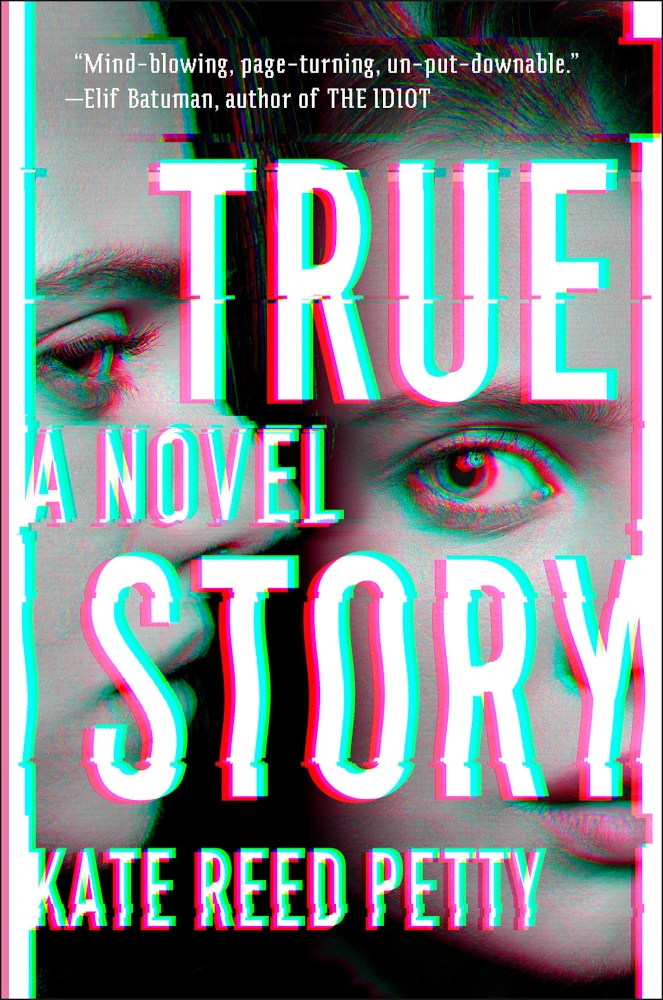
True Story
by Kate Reed Petty (Viking, 2020)
Following a night of teenage partying, Alice passed out in the backseat of the car driving her home. Afterward, two boys bragged about what they did to her while she was unconscious. Although she has no memory of being sexually assaulted, she’s ashamed, and suffers through the fallout of reputation-damaging rumors and victim-blaming until the incident is swept under the rug to protect the boys’ future. Fifteen years later, Alice is still defined by what she can’t remember, and her sense of self and self-worth have suffered from the lack of closure. Reflecting Alice’s fragmented memory, the novel shifts through multiple perspectives, genres, and formats, mixing up facts, fiction and memory until the true story emerges.
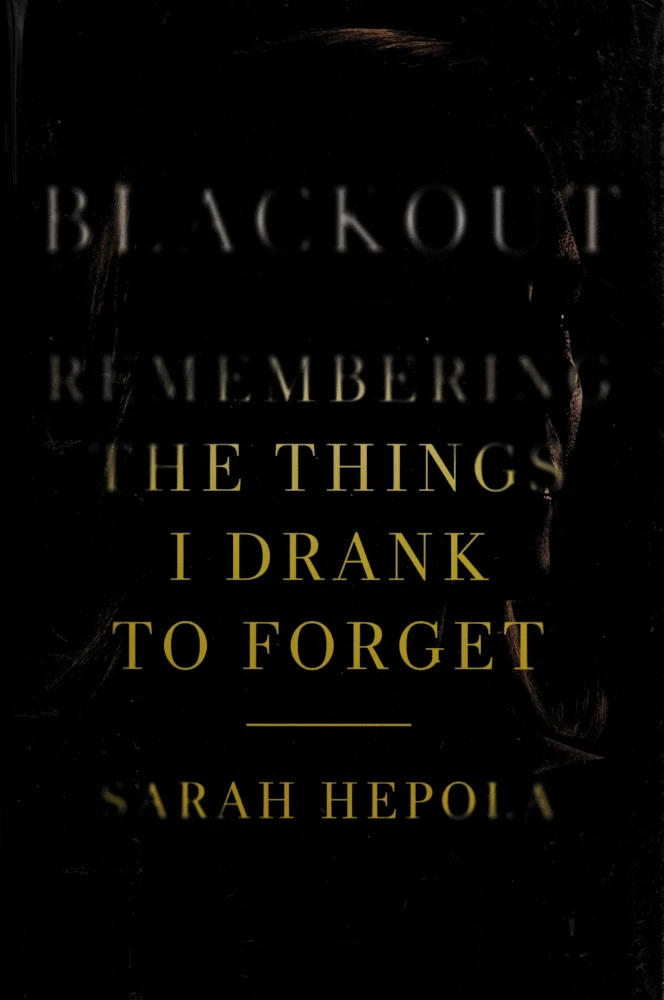
Blackout: Remembering the Things I Drank to Forget
by Sarah Hepola (Grand Central Publishing, 2015)
For an actual true story of alcoholic amnesia, there’s Sarah Hepola’s frank, funny recovery memoir. Organizations offering memory-wiping services may not exist, but Hepola managed to achieve countless memory gaps DIYing the process with blackouts caused by excessive alcohol consumption. More grandiose than mere unconsciousness, blackouts are the demonic possession version of passing out, where your body carries on doing and saying all sorts of things without your knowledge. This means that sometimes you wake up in a dog bed and sometimes you wake up in the middle of having sex with a man you’ve never seen before, unsure what country you’re in, living out some NSFW Quantum Leap fanfic. “Oh, boy,” indeed.
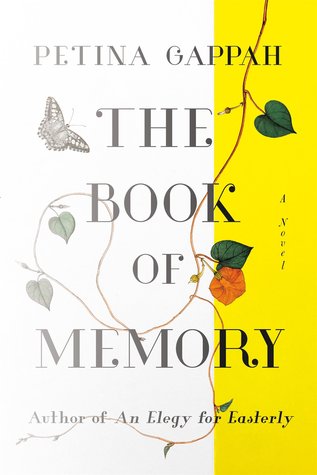
The Book of Memory
by Petina Gappah (Faber and Faber, 2015)
We all know that our memories can’t be trusted, but can we trust a CHARACTER named Memory?
Memory is an albino of Shona descent sitting on death row in a Zimbabwean prison, convicted of murdering her white adoptive father; a loving man whose wealth afforded her every opportunity in life. Whether or not she did it, and why, is the question at the heart of the novel, but (M)memory is slippery. She shares her story in circuitous, occasionally contradictory episodes, frequently alluding to how malleable memory can be as she orbits the truth and keeps her secrets close. Memory puts the ‘lie’ in ‘unreliable narrator,’ ultimately proving that neither capital-m Memory nor lowercase-m memory is trustworthy.
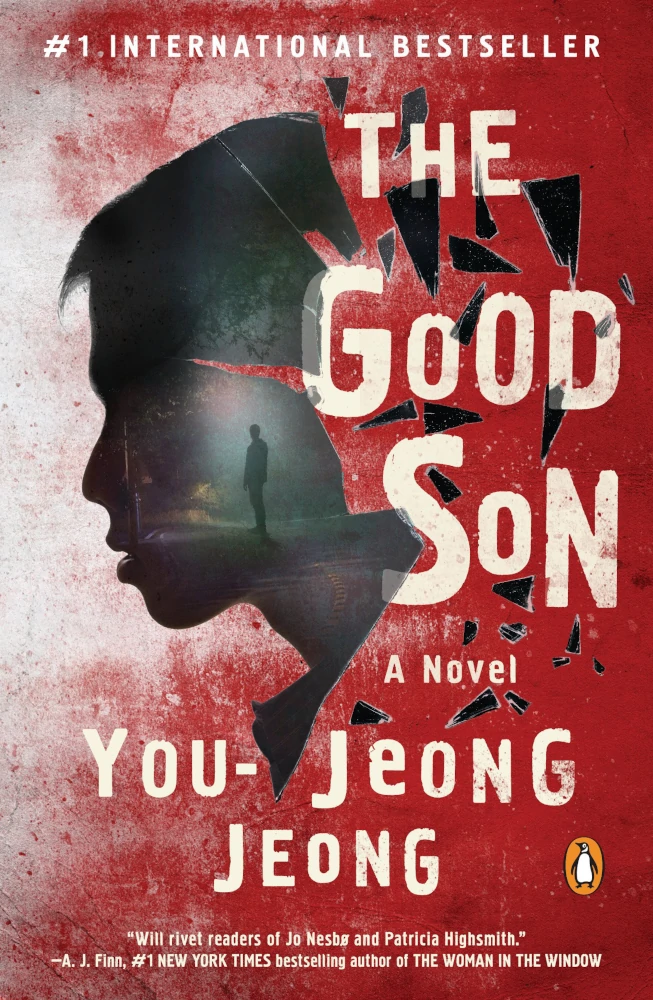
The Good Son
by You-Jeong Jeong (Penguin Books, 2018)
Although “murdering your mother” is the kind of thing anyone would like to forget, if there’s a chance you didn’t actually do it, it’s probably worth investigating. After waking up covered in blood in the duplex apartment he used to share with his mother—and now shares with her corpse—over the course of three intense and revealing days, the seizure-prone, memory-gapped Yu-jin will do just that. Armed with his mother’s journal and what little he can remember from the night of her death, he will stop taking his blackout-inducing epilepsy meds and try to get to the bottom of what he did—or didn’t—do.
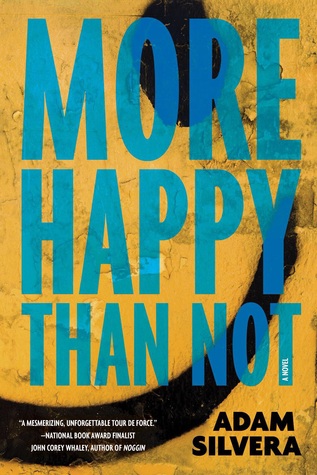
More Happy Than Not
by Adam Silvera (Soho Teen, 2015)
Sixteen years spent growing up in the boogie-down Bronx have exposed Aaron Soto to many adult-sized problems: gun violence, racism, his mother’s struggles to make ends meet, and his father’s recent suicide. He’s been dealing with his grief and depression alongside some lingering neurological quirks following his own suicide attempt. And yet, it isn’t until he starts developing romantic feelings for his new friend Thomas that he decides to pay a visit to the Leteo Institute to take advantage of their memory-altering/uncomfortable-urge-suppressing services. Then he’ll finally be able to reciprocate the love of his otherwise-perfect girlfriend Genevieve, right? It’s not like sexual orientation is one of those deeply-rooted core identity thingies, right?
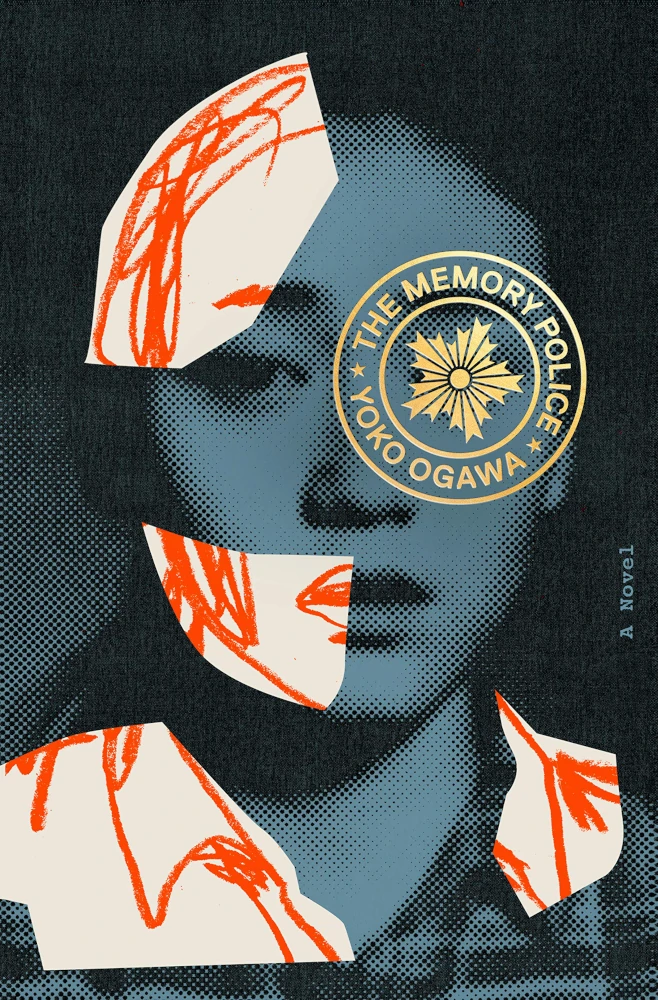
The Memory Police
by Yōko Ogawa (Pantheon Books, 2019)
In The Book of M, amnesiacs inadvertently forget things out of existence, but in the ultra-dystopian world of The Memory Police, the opposite is true, and object-specific amnesia is compulsory. Not only must the citizens of the novel’s unnamed island collectively forget the existence of certain items—hats, flowers, boats—they must also gather and destroy the physical objects themselves, ensuring that what happens in amnesia stays in amnesia. Failure to do so puts them at risk for a visit from the titular Memory Police, who can also make the disobedient disappear.
🎵 They command you while you’re sleeping, they know when you’re awake, they know if you’ve complied or not, so forget for goodness’ sake. 🎵
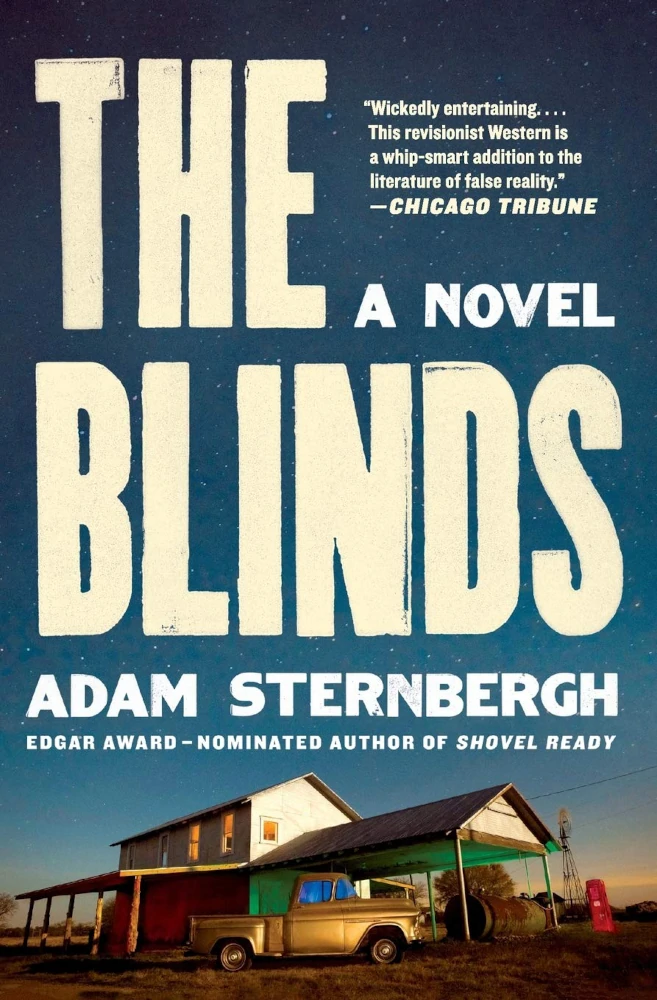
The Blinds
by Adam Sternbergh (Ecco, 2017)
In the real world, snitches get stitches, but in the town of Caesura, informants and criminals live together in harmony, thanks to the magic of memory erasure. It’s a next-level experiment in Witness Protection; a gated community deep in middle-of-nowhere Texas for both criminals and victims of crimes looking for a fresh start. Cut off from the rest of the world, free to leave—but not to return—these folks are given new identities and selective memory wipes freeing them from the knowledge-burden of what they’ve done or who wants to kill them, whether those individuals are on the outside or…right next door. It’s an elegant system: Don’t ask, don’t know, can’t tell. What could go wrong?
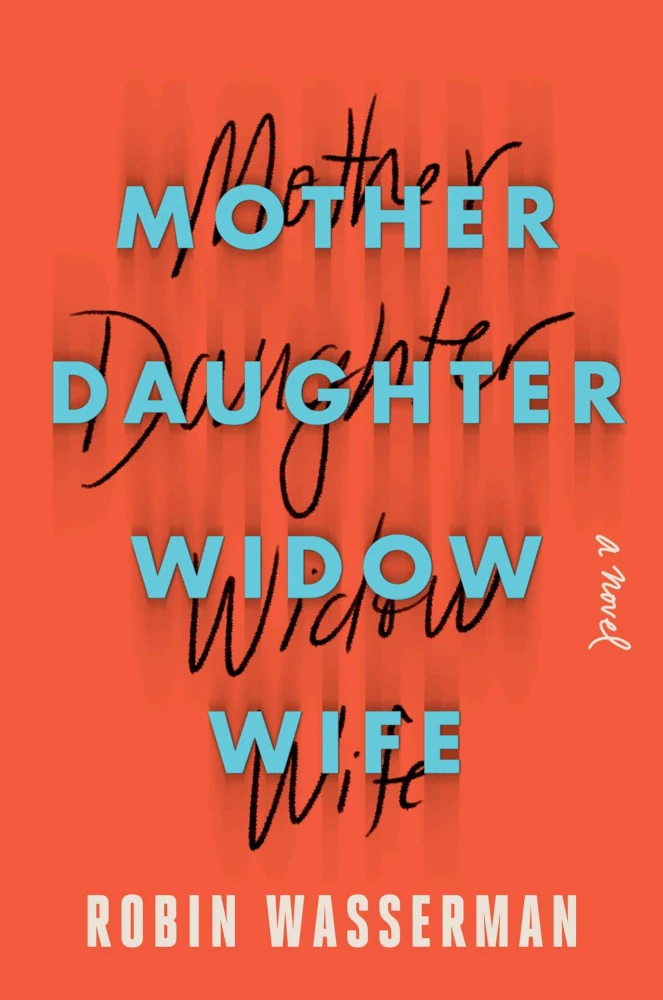
Mother Daughter Widow Wife
by Robin Wasserman (Scribner, 2020)
A woman suffering from dissociative amnesia forgets who she is and abandons her home and family…twice, years apart. Wendy Doe, stripped of her identity, becomes more symbol than woman; a clinical puzzle to those studying her case and a family mystery to her daughter Alice. As Wendy begins to reinvent herself without the weight of memories and obligations, the novel shifts from psychological to philosophical suspense, becoming a reflective examination of the relationship between identity and memory. How much of who we are is dependent upon our memories? What could we become without the roles and expectations assigned to us by others? And, circling back to our original question: can forgetting everything be an opportunity for growth and healing?